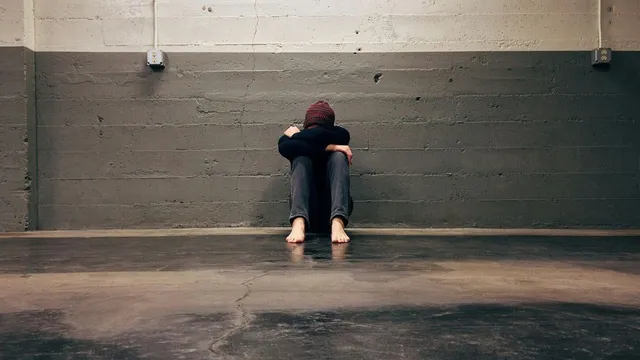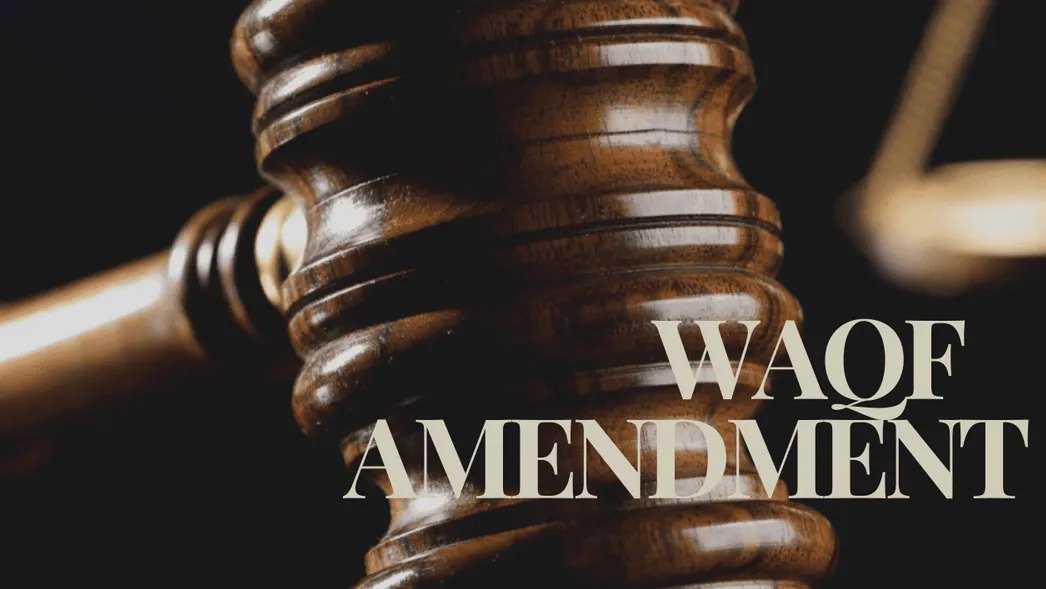Members of our Community Editorial Board, a group of community residents who are engaged with and passionate about local issues, respond to the following question: It has been five years since COVID-19 struck Boulder County. Some parts of life have returned to normal, others have not and never will. Your take?Roman naval commander, Pliny the Elder is credited with the phrase, “Home is where the heart is.
” This sentiment was Americanized by Judy Garland in “The Wizard of Oz” and cemented in our national imagination with the words, “There’s no place like home.” During COVID-19, home became our sanctuary. Nightly we applauded doctors and nurses with pots and pans and shouts of affirmation.

National resolve was high, but a highly contagious virus whittled away at our resilience and soon our comfortable nesting gave way to cabin fever. Five years on, many in Boulder discovered, “outside” is where the heart is. We celebrate 300 days of sunshine and blue skies, communally in the great outdoors.
Hiking, climbing, biking, running, tubing and skiing are not inside activities. So, when we masked and sheltered in place it didn’t just “cramp our style” it struck at the very heart of our identity. COVID shaped us in other ways.
Old routines were replaced by new habits. We learned how to effectively work remotely, shop for food online and have necessities delivered to our door. Schools became a flexible educational environment.
We could get things done. The business of business continued, but relationships suffered. Telehealth visits are great, but they do not replace face-to-face conversations with your doctor or therapist.
If you believe education is merely the process of brokering information then a cyber connection will suffice. But a quality education is about relationships and learning how to navigate a variety of social landscapes. Social distancing for many resulted in social isolation and that isolation has had drastic mental health implications.
For many, socializing became an online experience and our dependence on smartphones and the internet increased. In part, the cell phone ban in BVPS is an attempt to wean kids away from the grip of social media. The legacy of COVID is mixed.
As one who is aging at altitude and aging with attitude, I will not conform to a restricted social life. I want to be out and about with friends, walking my dog, hitting the rec center. Boulder County bursts with the privilege of outdoor living.
The BOLDER Bouler 10k, Labor Day Creek Festival, Bike to Work, Bands on the Bricks and countless Farmers Markets all remind us that we live outside. But in order to preserve this life we need information and vaccinations. After the 1918 Influenza Epidemic which killed 675,000 Americans and 50 million globally, a renewed interest in public health and vaccine development sparked international collaboration in order to rid the world of disease and infection.
Our local health is dependent on global vigilance. Under the Trump administration, with Robert Kennedy steering national health care we are going in the wrong direction. Repeat after me, three times and click your ruby red shoes, “There’s no place like home.
” But now in your mind’s eye, re-imagine Our Home as Mother Earth.Jim Vacca, [email protected] see two significant and enduring changes from COVID-19.
One from which we should eventually recover and another that might fundamentally change our future.The more hopeful one is school performance. No state has completely recovered from the disastrous school closings.
And the lower scores are four times more prevalent among low-income households, according to a recent (December 2024) Harvard study. Most kids lost a full year of education and some nearly two years. Affluent parents could subsidize the dismal public school performance, but poorer families were left to flounder.
Though things look bleak, they have been slowly improving, especially locally.The drop in performance wasn’t restricted to young children. Many students, given a choice, no longer attend classes in person.
At the university level where I teach, it’s most students. I teach a class with 150 enrolled students and only about 50 attend lecture. You might say it’s because my lectures are boring or irrelevant to pass the class, and that might be true, but it isn’t just me.
This lack of attendance started when classes went completely remote due to the pandemic, and the students never came back.But the most distressing change has been the left’s assault on free speech. Of the two parties, historically, it was the left that most staunchly protected free speech.
The ACLU famously defended Nazis marching and holding rallies. To see the Biden administration censor all dissenting opinions about the virus was shocking and totalitarian. Cancel culture combined with this censorship ruined some scientists’ lives.
We now know that some of those quashed opinions were correct or at least reasonable, but that’s not the point. It wasn’t that the Biden administration was wrong but that it stifled any speech with which it didn’t agree.There is no question that the intentions were good: to save people.
Mark Zuckerberg of Facebook bent to the Biden pressure and instituted “fact checkers.” He found out just how slippery that slope was. He and Facebook slipped off the ledge of rationality.
While that program has ended, the loss of trust, particularly in scientists, might never return.The real tragedy might be ahead of us — when the next pandemic hits, which it will. The next one might be as bad as we feared COVID-19 would be, but after our overreaction in 2020, even more people will be skeptical, with good reason.
Heaven help us then.Bill Wright, [email protected] the five years since COVID-19 upended life in Boulder County, nearly every part of our daily routine has changed.
Remote work has reshaped our economy, with fewer people commuting downtown for work, shopping, or lunch with colleagues. That shift has led to a quieter, more hollowed-out city core. Office vacancy rates hover around 30%, and many businesses are still fighting through a long pandemic “hangover.
”At the heart of the latter change is a quieter but urgent problem: Boulder’s sales and use tax revenue — the lifeblood of city services — is stagnating. These taxes help power everything from city operations to parks, transit, open space, and cultural programs. In 2023, sales tax grew just 2.
6% — less than inflation. That plateau might seem technical, but it directly shapes our future. Without stable revenue, our ambitions shrink.
One place where this becomes immediately visible: our restaurants. They’re not just places to eat — they’re gathering spots, local employers and a big part of Boulder’s identity. When fewer workers come downtown, restaurant revenues dip — and that dip ripples outward.
If we lose our restaurants, we lose part of what makes Boulder feel like Boulder.This spring, I’ll be joining the Transportation Advisory Board because I believe people-first mobility is one piece of the puzzle. Remote work is here to stay, and our transportation policy should help re-knit the fabric of downtown life.
That includes making transit easier to use. One thing I’d like the City to include in its annual lobbying guide, Policy Statement on Regional, State and Federal Issues, is a request for RTD to add digital transit passes to Apple Wallet, like San Francisco’s BART. The added convenience could make spontaneous bus trips downtown that much easier — and more appealing.
There’s reason for optimism, too. Boulder was recently selected as the new home of the Sundance Film Festival. It also sets the stage for more consistent, purposeful activation of our downtown core.
While the Boulder Chamber and the city’s Economic Vitality department will no doubt help coordinate events around the festival, they could also focus on incentivizing smaller, more frequent happenings throughout the year. Paired with improved mobility options, that kind of steady energy could help reinvigorate downtown and support the businesses that rely on regular foot traffic to survive.The pandemic changed us.
But how we respond now — how we budget, adapt, and invest — will define what kind of city we become. Let’s choose to be one that works, and feels, like Boulder.Hernán Villanueva, chvillanuevap@gmail.
com.
Politics

Community Editorial Board: Reflecting on five years with COVID-19

Members of our Community Editorial Board, a group of community residents who are engaged with and passionate about local issues, respond to the following question: It has been five years since COVID-19 struck Boulder County. Some parts of life have returned to normal, others have not and never will. Your take?














